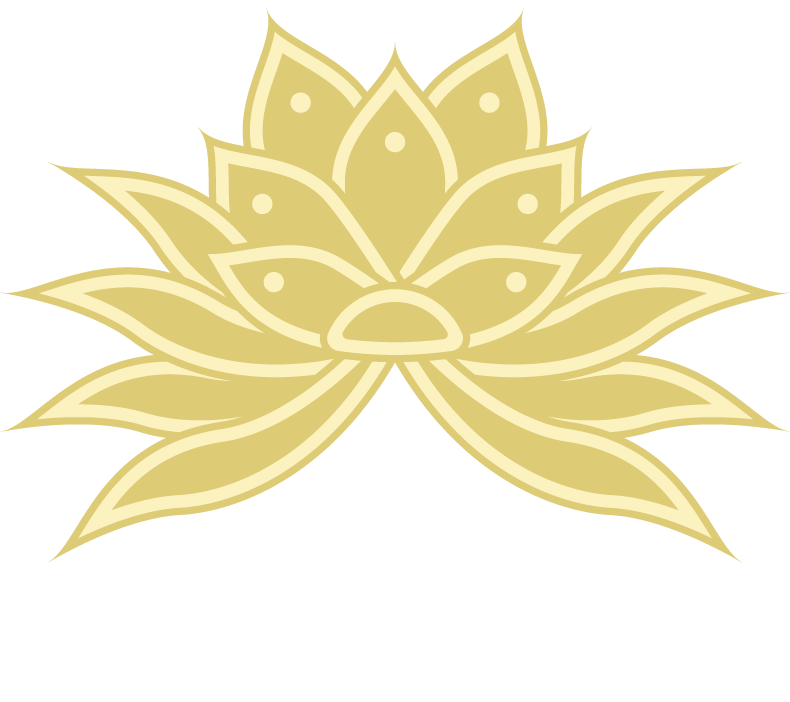We will tailor your treatment plan specifically for you. The length of our main programme is 3 days but we will design an after plan to suit you and your ongoing recovery/rehabilitation process.
He patai
Frequently asked questions
You might have many questions about Ruby Retreat. This page provides you with answers to some of the most common inquiries. If you have any further questions, you can contact us directly.
How much therapy will be part of my treatment?
Therapy is a big part of our recovery programme. Our counsellors/therapists will continually monitor your progress during these sessions. If they find that you are struggling, you’ll get additional one-on-one time to further explore your issues and needs, and strengthen your recovery.
Do I have to participate in group sessions?
Yes, if there are group sessions. Group therapy sessions and group activities are a major part of treatment at Ruby Retreat, and play a pivotal role in the effectiveness of the addiction programme. We are sure that the ability to identify with the group and the support received from the community will greatly contribute to your recovery process.
Will I receive after care following my treatment?
Yes, we offer both weekly online group counselling sessions and face-to-face therapy. We believe that aftercare is vital in helping you work through any issues as you settle back into your daily routine at home. Aftercare is also a key factor in preventing relapse.
Does Ruby Retreat offer detox?
Ruby Retreat does not offer a detox facility.
Can you accommodate my dietary needs?
Nutritious meals are prepared to replenish the body with much-needed nutrients and dopamine-boosting foods, often using fresh veggies and herbs grown in our garden. As proper nutrition is important for addiction recovery, at Ruby Retreat we can learn how to create nutritious food to sustain ourselves and our families into the future.
Because of the intimate nature of our treatment centre, we can accommodate special requests.
How should I approach my loved one or friend about getting help with their addiction?
It’s not an easy topic to bring up, and you may be met with denial or anger. Yet when families care enough to step in and be persistent even when their suggestion is met with hostility and lies, they may be saving their loved one’s life.
Prepare yourself for the conversation by planning what you are wanting to say. Be clear and assertive whilst remaining calm and caring. When your loved one is safely in recovery, we encourage families to participate in a family program, where they can work through the stress and pain that addiction has caused.
Am I going to be the only participant?
Yes, our retreats are private. We work with one person at a time, unless you want us to organise a programme with your family, partner, friend or someone else.
Where can I stay during the retreat?
We give the option to stay in a sleepout on the property. It’s a basic, cosy and comfortable accommodation.
Whakapā mai

